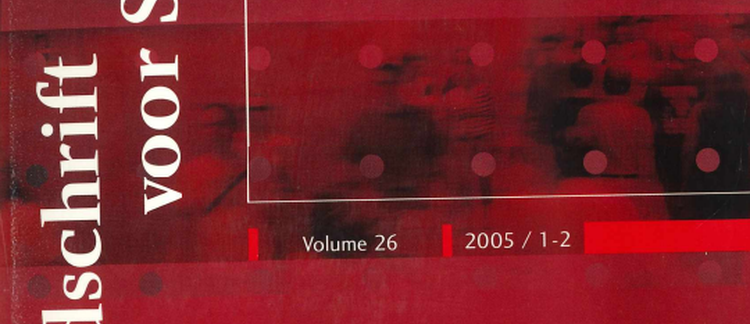Abstract
The enhancement of the quality of life is implicitly seen by (local) governments as a touchstone of the effects of their policies. Nevertheless, there is little clarity about the social-scientific methods to measure it. In this contribution we examine the merits and demerits of the different scientific methods to measure the quality of life. The central theme is the discrepancy between the use of objective (economical or social) indicators on the one hand and subjective indicators on the other. The empirical part of our contribution is an illustration of how subjective indicators are used to measure the effects of local policy. It contains, in particular, a survey analysis in three Flemish cities (Ghent, Bruges and Antwerp). The results show that the determinants of the perceived quality of life do not conform with those that define the satisfaction with the local policy. In conclusion, besides factors that are endogenous to the policy, so-called exogenous factors must be taken into account in order to study the effects of local policy.
How to Cite:
Verlet, D., Devos, C. & Reynaert, H., (2005) “Het meten van de effecten van lokaal beleid door middel van subjectieve indicatoren”, Tijdschrift voor Sociologie 26(1-2), 56–94. doi: https://doi.org/10.21825/sociologos.86627
Downloads:
Download PDF
View PDF


